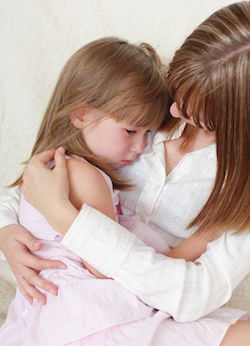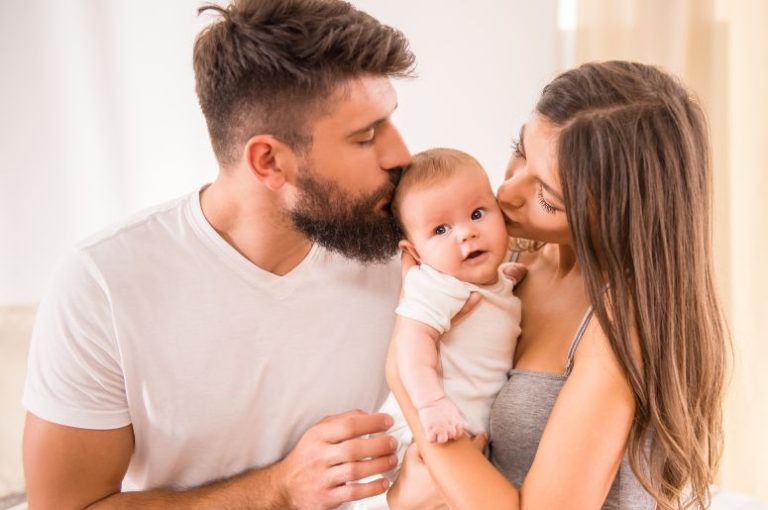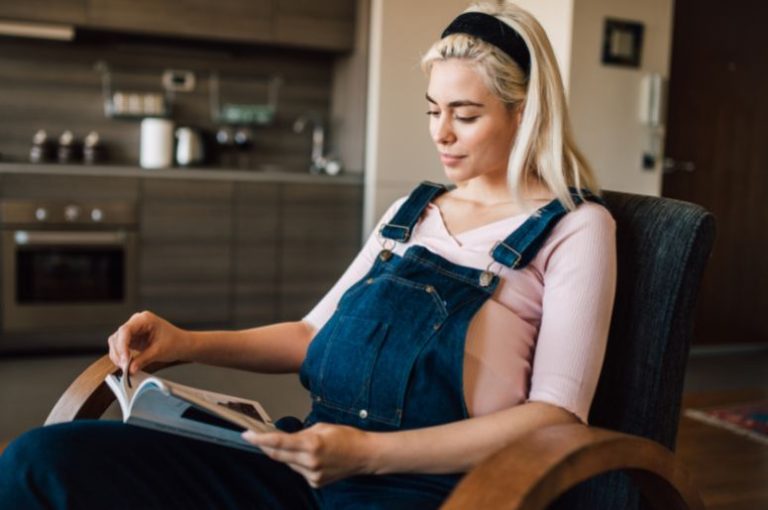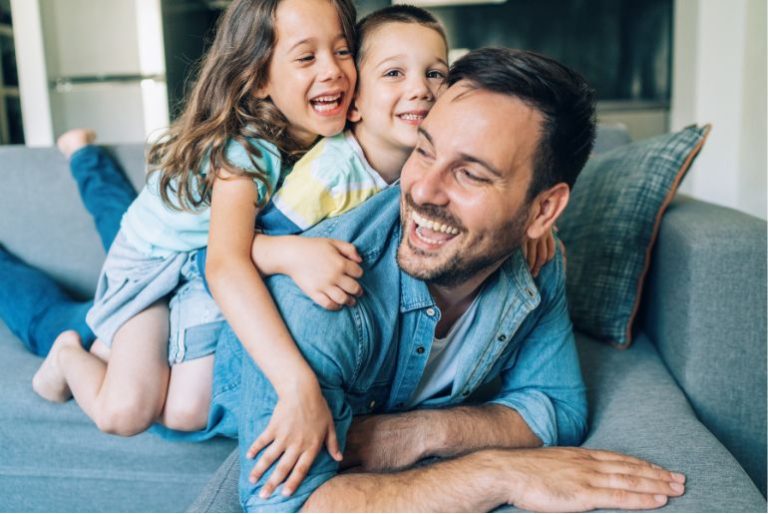Today technology and media can bring traumatic and scary events directly into a child’s world – often in graphic detail. From an early age, images, video and audio can be presented to children anywhere they are and through a multitude of digital pathways. Even by a device in their small hands.
“It was a tragedy happening far way but we watched it unfold on the news day after day, and listened about it on the car radio. It featured on our social media and in conversations with family and friends.
My oldest, 11, cried and cried one night, worrying about the children she’d seen in the disaster zone. She wanted to give them some of her clothes and toys. My second daughter, 7, played ‘disasters’ with her dolls most days, making houses that tumbled down with her blocks and rescuing soft toys. My son, 9, asked many questions about what we’d do if an earthquake happened here, often asking the same questions over and over.”
A Wellington Mum
So, what can you do to support your kids when they see tough things in the news?
Children are all different. They might react to terrible things they see or hear about in a wide range of ways. It might be with anxiety, fear, distress, anger, curiosity or appearing unaffected. Interestingly, research confirms that when something terrible has happened to others, most children’s biggest concern usually is: Will this happen to me, or to anyone that I know or love? This question lets you know what they need the most in such a situation – to feel safe and reassured.
- Give them a sense of safety and security. It’s not so much about what you will do or say, but how you make them feel.
- Talk with your child to find out what they know about what’s happened. Ask some simple questions. Listen well. Go at their pace. Don’t assume you know how they think or feel. If they don’t want to talk, watch their behaviour and their play. Gently correct any mistaken ideas they may have about the event.
- Welcome questions. Answer them as best you can, although some may be impossible to answer. Some children need to keep asking the same questions as they try to figure out what’s happened, and why.
- Be mindful of their stage of development, life experience and personality. Use language and explanations that suit these. Children often will react in bursts. This can be confusing for parents who see them play happily until all of a sudden they are in distress. It seems to come out of left field, but it indicates they’ve been processing it bit by bit in their own way. Go with it. Always take their concerns seriously.
- Keep it simple and honest. Be straight forward when you talk about the event. Don’t provide more facts than they need.
- Be careful what you let them see or hear through the media. Limit it. Switch off the TV or radio or internet, or put away the newspaper. Research is absolutely clear that repeated images or sound or stories can intensify this event for them unnecessarily and even traumatise them.
- Help them to see that when something scary or awful has happened, we can always see people who are helping. Such as emergency services, local community people, friends, family, schools, doctors and nurses, and so on. This can be reassuring and helps to balance out the picture they have in their mind about the event.
- Watch out for a wide range of reactions. Every child is different. Avoid making judgements about their reactions. In one family, children can all respond differently. Reactions can be physical, emotional, mental, behavioural or spiritual. Some children may become especially tuned in, anxious or sad about what happened. Others won’t at all.
- Reassure them that it’s okay to have strong feelings when something sad or scary happens. Sharing thoughts and feelings together is a good thing, because it lets them out. Talking about it can help us feel a bit better.
- Your child will pick up on your own reactions too. Think about the sort of atmosphere you’re creating. A super stressed, very scared parent can’t easily give their child reassuring, calm support. In fact, this can increase a child’s uncertainties. Take some deep breaths. Keep as calm as you can. Look after yourself too and perhaps talk with another adult about what’s happened, outside of your children’s hearing. Children hear a lot when you think they’re not listening.
- It’s okay if a child sees you cry your own tears. Crying is an expression of normal human emotion. Just tell them why you are and reassure them. They will be learning from you about coping with strong emotions well.
- If they seem unsettled by the event/s, keep up routines and spend extra time with them. Extra hugs, reassuring smiles and regular eye contact help. Bed time is often when good talks can happen.
- If your child is extremely anxious, ask them what might help them to feel safer. Often it can be a very simple thing. A hall light left on. Being allowed to ask questions. A hug. Thinking about something else. Make a plan together about what they can do if they feel scared.
- Look out for those children who might be more vulnerable because of what they’ve been through before. This event might trigger reactions that relate back to things they’ve been traumatised by. They’ll need extra attention and reassurance, or perhaps professional help from a doctor, psychologist or counsellor.
- Do something positive together. Do something that reminds you all that life has good possibilities in it too. Have fun together. This can help children to get a sense of balance as they learn about the world – especially if it’s feeling less safe than it was before. It can also help them release stress.
- Talk about what’s most important to you, as a family. For example, who matters to you the most, what you’re grateful for, what is and isn’t okay in the world, and so on. In other words – use this as a teaching time.
- If the event involved violence, talk honestly about why criminal violence is not okay. Explain what real guns and violence can do and why they are dangerous.
- Realise that sometimes a child’s reactions can arrive a long time after an event happened. Questions may pop up weeks, months or even years later. This lets you know that your child has been processing the event in their own time, but that it’s troubling them. Whenever the questions or reactions come, support your child.
- Contact Skylight for extra support for your child – or you – or to get some wonderful resources for all ages to assist you to parent an anxious, distressed or traumatised child after a difficult event. See www.skylight.org.nz or phone (+64) 4 939 6767 or within New Zealand 0800 299 100, or email rs@skylight-trust.org.nz
This article was written by Tricia Hendry on behalf of Skylight Trust.






